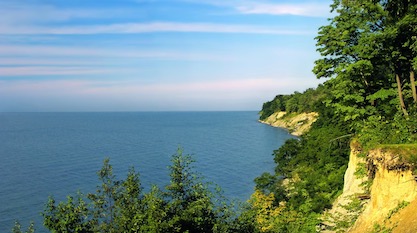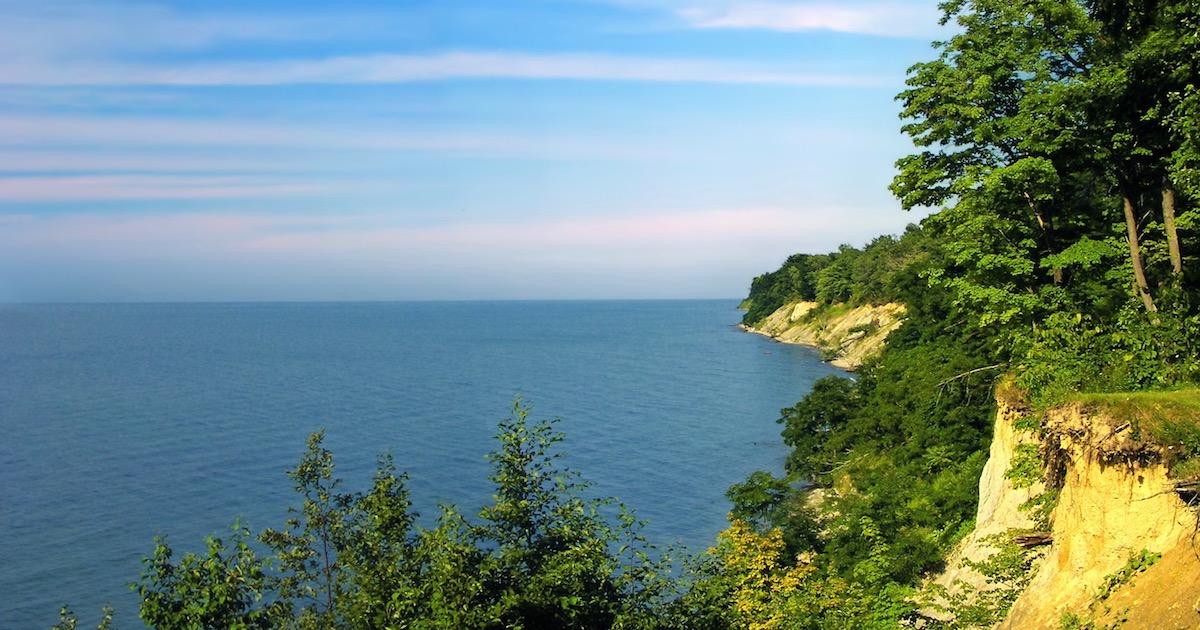 Culture & Ethics
Culture & Ethics
Push to Replace Earth Day with “Nature Rights”


Earth Day, celebrated this past Wednesday, launched the modern environmentalist movement in 1970. Since then, the movement has moved way beyond the principles of conservation, remediation of polluted areas, and protecting species to embrace an anti-humanism that seeks to throttle our thriving in the name of “saving the earth.” The Deep Ecology Movement is one example.
Proving the old maxim that the revolution always consumes itself, two environmental activists have now urged abandoning Earth Day as a “failure” in favor of pushing the “rights of nature.” From “Abolish Earth Day,” published in Common Dreams:
Embedded within Earth Day is the pursuit of comfort: the feeling that a benevolent authority exists to protect human and ecological life. People want to believe that laws — federal environmental regulations — protect them, and that all we need is to enforce those laws. As one prominent environmental non-profit likes to boast: “The most powerful tool for change is the law.”
But the writing is on the wall. Earth Day’s laws have systematically failed to guard against mass species die-offs, the climate crisis, deadly air pollution, the corporatization of freshwater, and the largest loss of biodiversity in human history.
Conventional environmental legal challenges have enjoyed some wins at stopping specific projects. But they are losing the war.
It is time to rethink our approach — we cannot afford to waste another 50 years.
Notice that substantial regulatory and litigation impediments that slow or outright thwart even reasonable development projects are seen as “losing the war.”
Personhood “Rights” for Nature
The authors would replace the current system with granting personhood “rights” to nature, using the (now overturned) law in Toledo that granted rights to Lake Erie (which I wrote about here) as an example:
Our law recognizes the rights of the Lake Erie Ecosystem to exist, flourish and naturally evolve, and the human right to a healthy environment for the residents of Toledo. It also boldly states that those ecosystem and human rights supersede other laws such as corporate “rights” and illegitimate permits issued by state and federal governments that would cause harm to Lake Erie. It immediately made headlines around the world.
Good grief, boat basins interfere with the natural evolution of the lake!
Rights Are Rights
The nature rights movement is gaining traction. It has had national and international successes and was endorsed by the prestigious scientific journal Science.
Nature rights laws would be insidiously effective because they grant legal standing to anyone and everyone to bring lawsuits to protect nature’s putative rights “to exist, persist, maintain and regenerate its vital cycles, structure, functions and its processes in evolution,” as these laws are usually phrased. In other words, the most radical and unreasonable environmental obstructionists would be empowered to bring almost any human endeavor that uses or impacts the land to a screeching halt merely by taking them to court.
The activists are right about one thing. Rights of nature would be far more effective in impeding development and extracting wealth from the land than the current system. Nature rights ideology doesn’t permit weighing and balancing of human benefit versus environmental harm as now usually occurs. Nor are restrictions subject to being adjusted with changing conditions. And it precludes democratic deliberation about the extent and scope of environmental law. Rights, after all, are rights!
Photo: Lake Erie, by Nicholas [CC BY 2.0], via Wikimedia Commons.
Cross-posted at The Corner.
